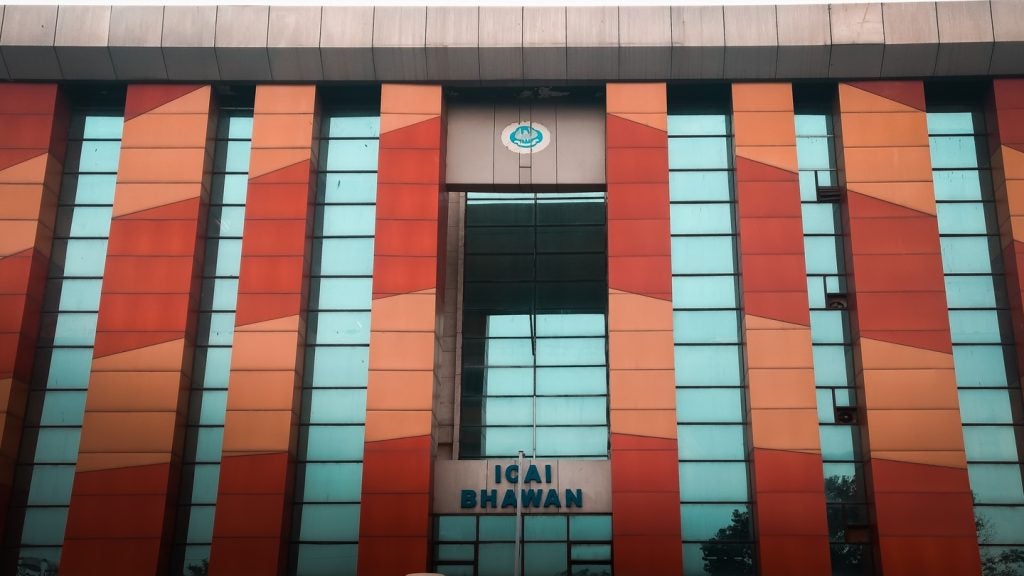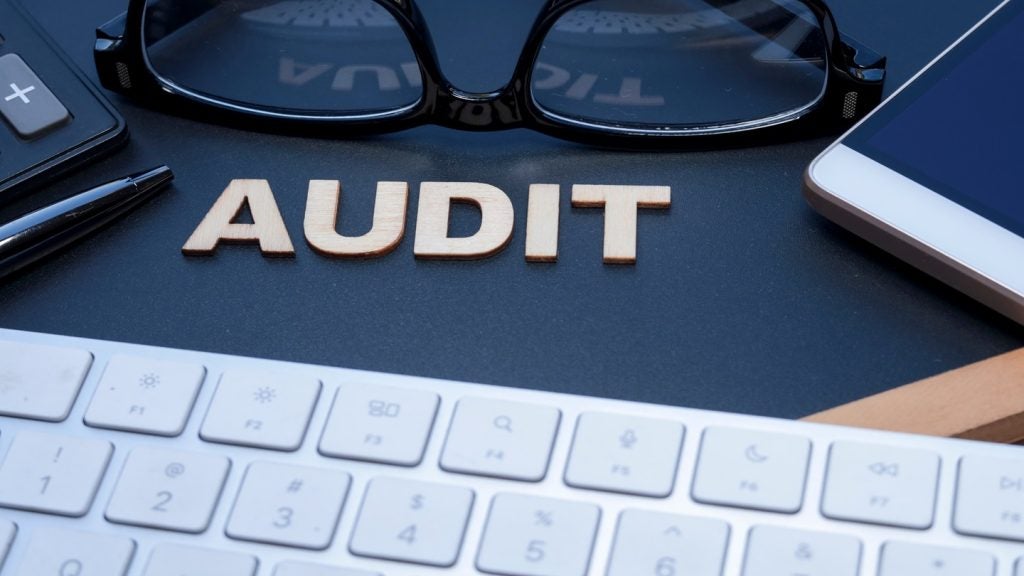The International Forum of Independent Audit Regulators (IFIAR) has published its sixth inspection findings report, which surveyed its members’ findings from inspections of audit firms in 2017 and found improvements have been made, but deficiencies continue to remain a concern.
The report focused on inspections conducted at 111 audit firms from Deloitte, EY, KPMG, PwC, BDO, and Grant Thornton from 2013 to 2017 on systems of quality control and individual audit engagements. The results found that 40% of audit engagements inspected had at least one finding, a decrease from 47% in 2014. The recurring deficiencies in the findings were experienced at different rates in jurisdictions. Despite the decrease the IFIAR report stated that the occurrence of findings remains too high.

Access deeper industry intelligence
Experience unmatched clarity with a single platform that combines unique data, AI, and human expertise.
There were inspection findings in engagement performance, and independence and ethical requirements, but no definitive trends. Of the 918 audit engagements of listed public interest entities (PIEs) inspected, the highest findings were auditing of accounting estimates (29%) and internal control testing (17%).
The report suggested that audit firms should focus on their policies, procedures, and implementing them, as deficiencies could impact audit engagements, monitoring and oversight. The IFIAR also highlighted initiatives with the inspected networks focusing on audit practice management, engagement with international standard setting boards on whether standard requirements are clear and enhance professional scepticism.
South African Institute of Chartered Accountants (SAICA) welcomed the report, believing it provides a transparent and useful context for discussions about areas for improvement to achieve consistent high-quality audits. However, SAICA senior executive in assurance and practice Willie Botha said that the numerical findings should not be taken out of context, as they are entity-specific and audit-specific and the audit regulators apply a risk-based approach when selecting individual audit engagements for inspection.
“Every audit firm should reflect on what these findings mean for its system of quality control and the conduct of its engagement partners and engagement teams in performing audits of financial statements. SAICA encourages all audit firms to use the IFIAR Report as a reference point to enhance audit quality,” added Botha.

US Tariffs are shifting - will you react or anticipate?
Don’t let policy changes catch you off guard. Stay proactive with real-time data and expert analysis.
By GlobalDataSAICA intends to use the report with other resources to inform their initiatives and support members, and encourages audit firms to reference the report to enhance audit quality. SAICA will continue proactive engagement with IFAR member the Independent Regulatory Board for Auditors (IRBA) and contributing to International Standard Setting Boards.






